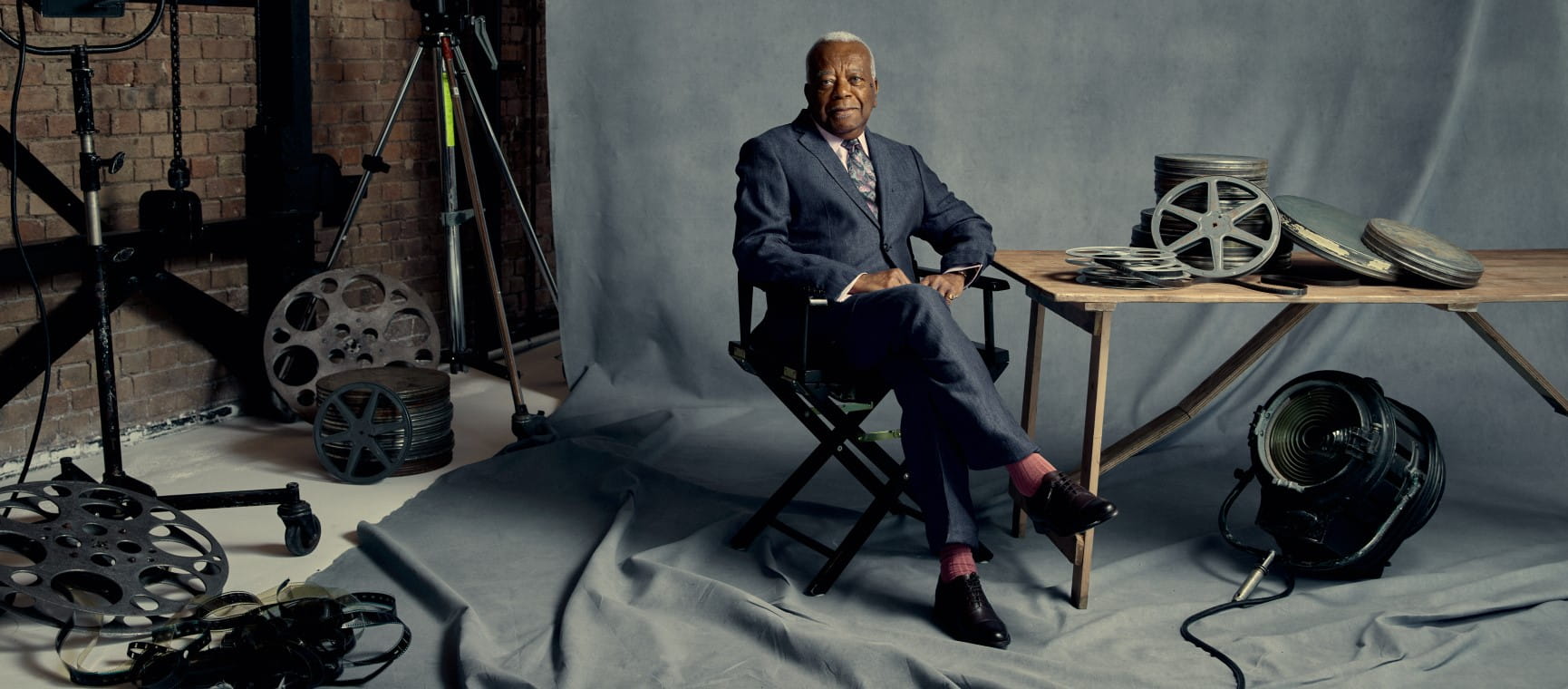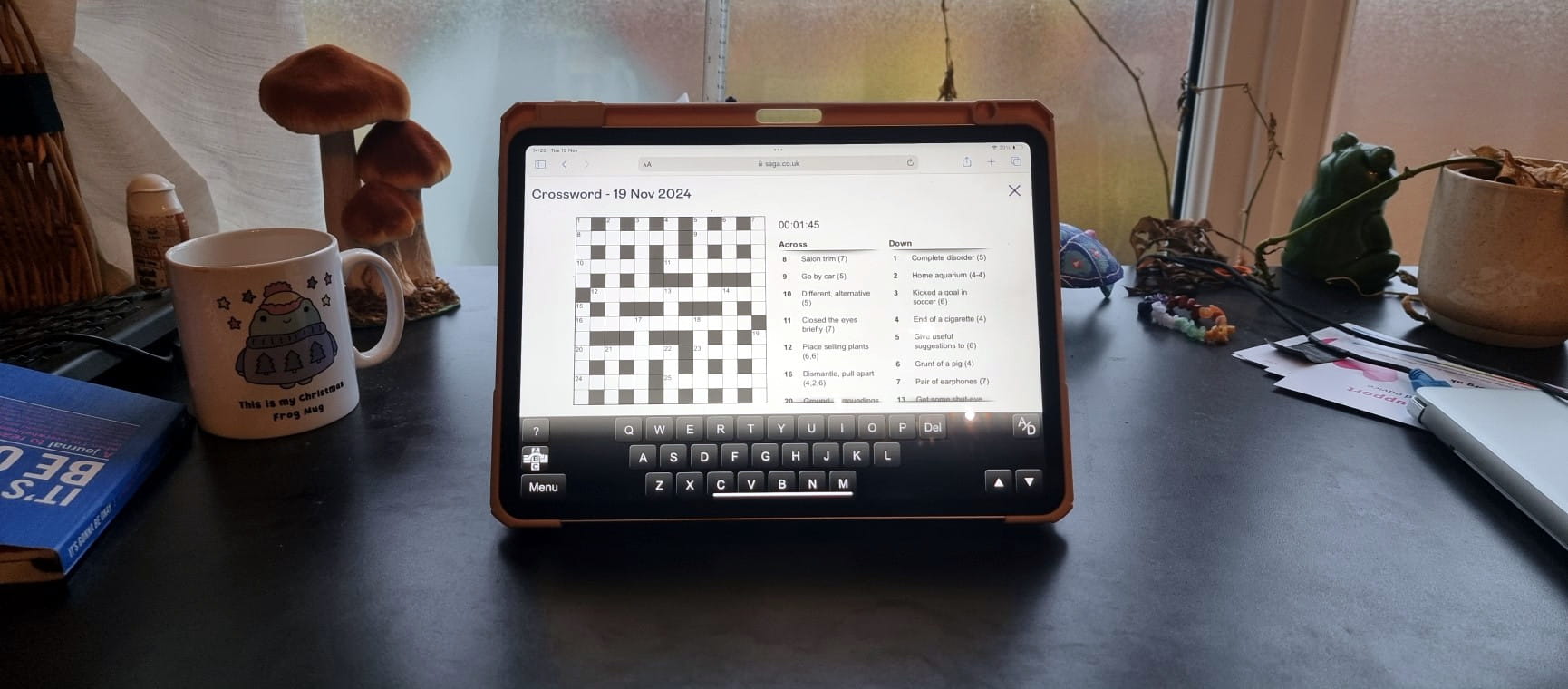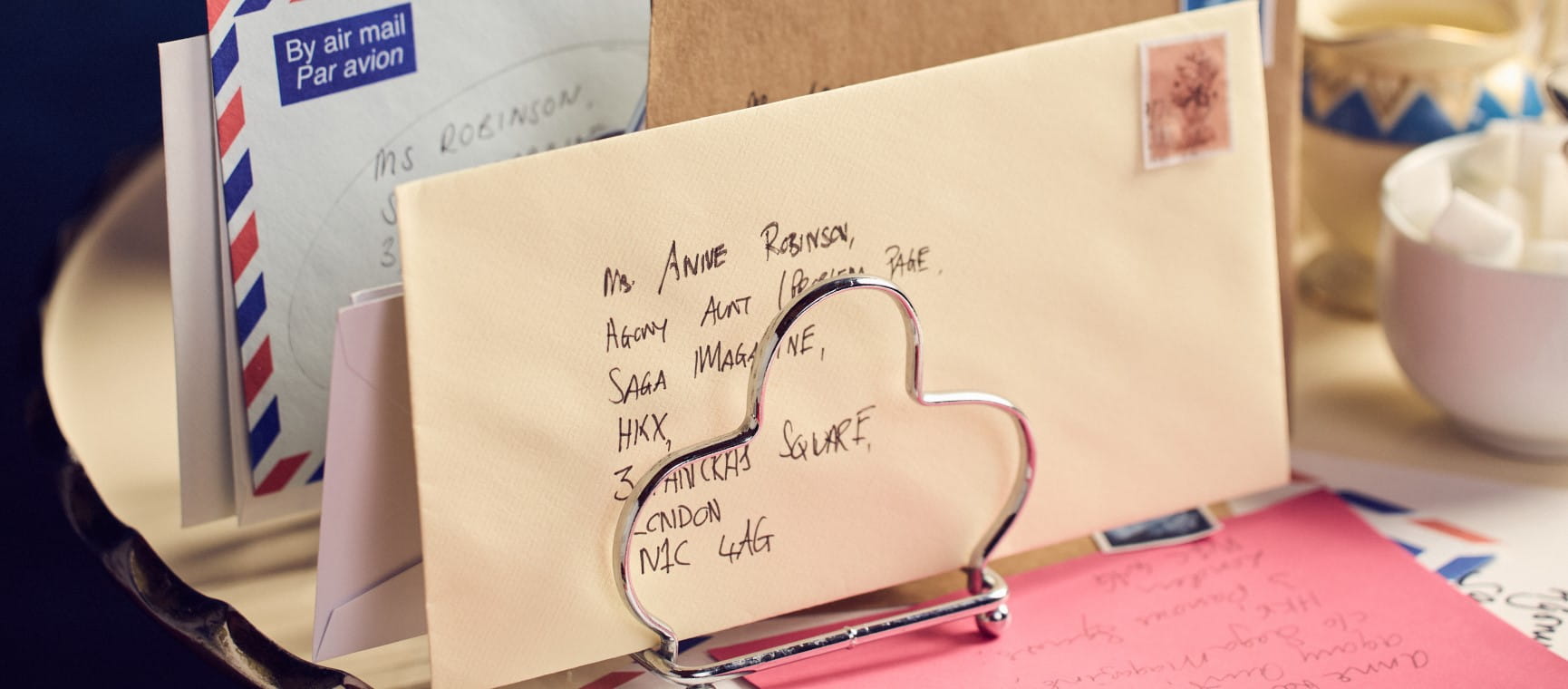Sir Trevor McDonald on meeting Yasser Arafat
Our columnist on the day he was threatened with a machine gun and meeting the late Palestinian leader.

Our columnist on the day he was threatened with a machine gun and meeting the late Palestinian leader.

I have always been surprised at how a simple journalistic proposition can produce unintended political theatre.
For a great part of the 1980s I spent some time in the Middle East where political tension, open conflict, consistent danger and threats of all-out war were part of the daily diet.
The root cause was, in general, the failure of the Israelis and the Palestinians to agree a permanent peace.
The Israeli position on the issue was easily obtained. Less so was that of the Palestinians, whose dominant voice was that of the Palestine Liberation Organization (PLO) and its chairman, Yasser Arafat.
We all tried to explore the views of the Palestinians on a possible Middle East solution and as a result we all quietly pursued Arafat. We could never fix a mutually agreeable time for me to talk to him but then one dayin 1986, out of the blue, I was told that Arafat would attend a week-long conference of non-aligned nations in Harare in Zimbabwe.
To make his point the guard said, "If he takes another step I will shoot him," and pointed a submachine gun into my stomach.
I booked a flight
On my arrival in Harare I was told by immigration officials that I should report the following day to the Foreign Ministry to be properly accredited to cover the conference. Planning to be in the city for no more than 24 hours I never went to the Foreign Ministry.
The next morning an Arafat aide arranged to meet me to take me to the conference hotel. As I was about to go in, an armed Zimbabwe guard explained that I could not enter without the proper accreditation.
My Arafat companion was not impressed. "This man is a guest of Chairman Arafat and he can go into the hotel."
To make his point the guard said, "If he takes another step I will shoot him," and pointed a submachine gun into my stomach.
Having a life-long hatred and fear of guns I was quite prepared to obey this guard, but the Arafat aide pulled me past with the weapon still digging into my stomach.
I collapsed into the hotel reception in a faint. I was immensely relieved about an hour later to find myself sitting in front of Arafat. Our interview was just about to begin when the conference host, Robert Mugabe, burst in to ask Arafat whether he could chair a session of the conference immediately, because some other official had just dropped out.
He asked to be excused and left. My interview was now on hold and the crew and I were in an inner sanctum of the Delegates’ Lounge.
While we were waiting, one of the security guards came to ask us whether we could make ourselves invisible as some distinguished people wanted to have a meeting in there.
We agreed and in walked Fidel Castro, Colonel Muammar Gaddafi, Samora Machel of Mozambique and a young Thomas Sankara from Burkina Faso.
They paid no attention to us huddled close by and their meeting ended after what seemed like a very spirited discussion for about 40 minutes. Arafat returned, apologised profusely for the delay, and went on to give me a long explanation about the relevance of the PLO and the importance of a permanent solution to the Middle East crisis.
He repeatedly emphasised that a two-state solution was the only possible option, saying time and again it was something the Palestinians were owed. Playing devil’s advocate I asked him what the PLO had achieved after his years as chairman.
He replied: "Years ago a former UN secretary general asked, 'How many Palestinians are there? Give me the numbers and I will do all I can to help them'.
Arafat looked at me. "Numbers, numbers," he said. "That’s what we were then. Today we are a cause."
Sadly, today there is little talk of a two-state solution or of permanent peace in the Middle East.
Sir Trevor McDonald is best known for presenting ITN’s News at Ten, Tonight with Trevor McDonald and documentaries on subjects as varied as Death Row, UK killers and the Caribbean.
He was knighted in 1999 for his services to journalism and has received many awards for his work. He has been named Newscaster of the Year three times and received Honorary Degrees from more than eight Universities.

For a limited time, enjoy 3 issues of Saga Magazine for just £1. Receive the next 3 print editions delivered direct to your door, plus 3 months’ unlimited access to the Saga Magazine app—perfect for reading on the go.
Don’t miss your chance to experience award-winning content at an exceptional price.

The ultimate guide to Saga Puzzles, full of technical tips, tricks and hints.

With the start of the new financial year on 6 April, our money expert explains the changes to your pension, benefits and taxes.





